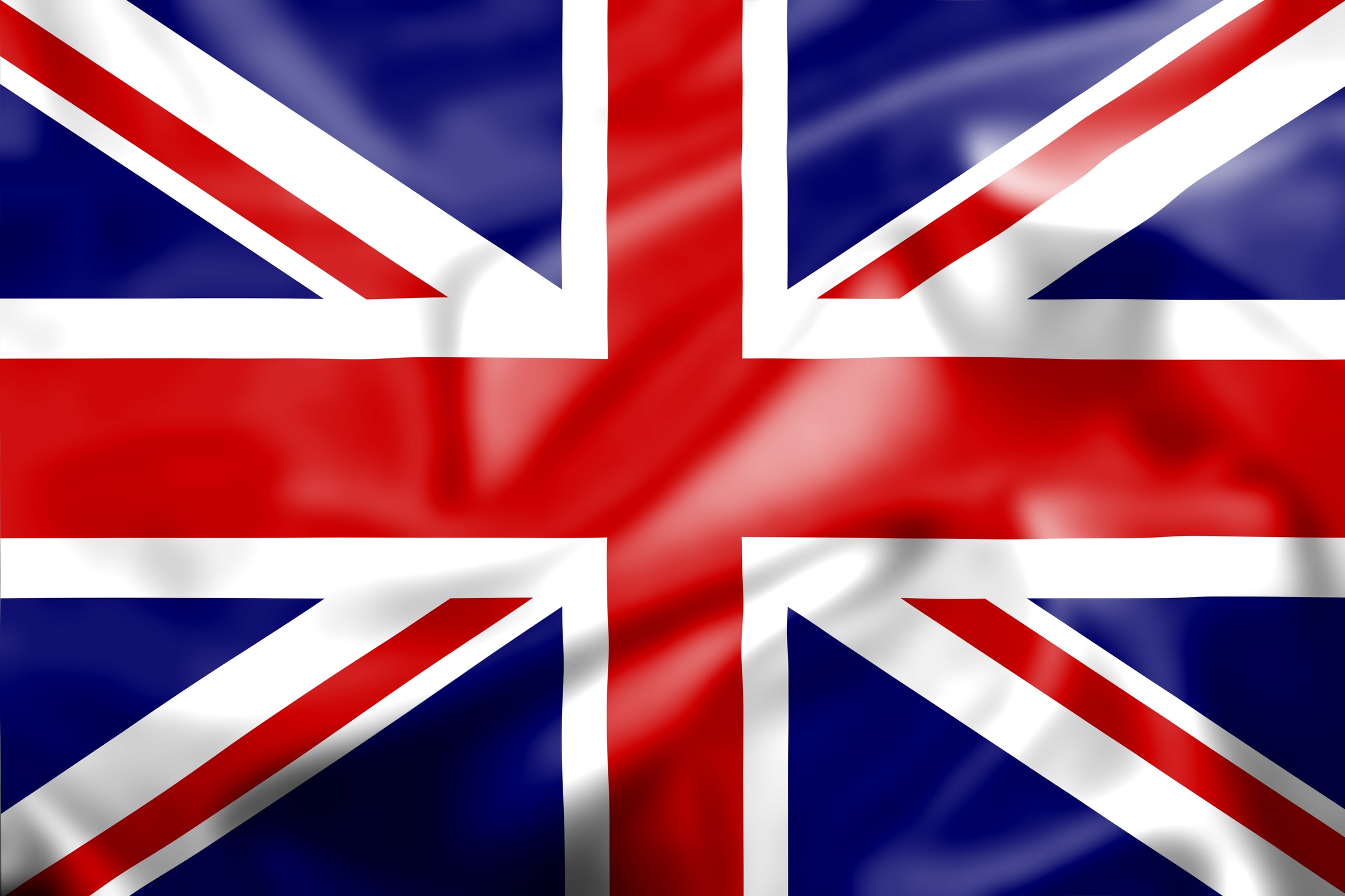Digital Britain: Government to “get out of the way”
Could the 2Mbps universal service commitment lead onto infrastructure that can carry a next-generation broadband network?

Sign up today and you will receive a free copy of our Future Focus 2025 report - the leading guidance on AI, cybersecurity and other IT challenges as per 700+ senior executives
You are now subscribed
Your newsletter sign-up was successful
If Britain wishes to be one of the leading industrial nations of this century, we need the network capability, connectivity, content and capability to exploit it.
These are the words of Lord Stephen Carter, the man in charge of the Digital Britain report, on a discussion website launched by the government to encourage online debate about what was put forward in January's interim report.
Lord Carter said that the role of the government was "not to provide it all" and indeed that was "far from it". He said that the government was there to make changes to the regulatory framework and simply get out of businesses' way when they wanted to enter the market.
One of the main goals of the interim report focused on the government's pledge to bring 2 Mbps across the country. Broadband analyst Point Topic believes that investment could provide financial support and a market-driver for next-generation access.
The main way to provide 2 Mbps in slowband areas relies on fibre investment in BT's street cabinets, according to Point Topic's chief analyst Tim Johnson, who added that fibre-to-the-cabinet is the key next-generation access technology that could support download speeds of 40Mbps or more.
"Some people say this is little too late, but we believe that investing to deliver 2Mbps could provide the platform for much higher-speed broadband services in areas where it wouldn't otherwise happen for many years," he said in a statement.
Point Topic also made a bold prediction that 90 per cent of UK homes could have broadband speeds of over 32Mpbs in 10 years' time.
Sign up today and you will receive a free copy of our Future Focus 2025 report - the leading guidance on AI, cybersecurity and other IT challenges as per 700+ senior executives
"But to achieve this there's got to be some focused and vigorous action by both government and industry," added Johnson.
"There needs to be a strong commitment to getting no-net homes online. It might seem a big step today, but I think that it's one of the best things we could do to restructure our economy as we emerge from the financial crisis."
Lord Stephen Carter on Digital Britain
-
 ITPro Best of Show NAB 2026 awards now open for entries
ITPro Best of Show NAB 2026 awards now open for entriesThe awards are a fantastic opportunity for companies to stand out at one of the industry's most attended shows
-
 Mistral CEO Arthur Mensch thinks 50% of SaaS solutions could be supplanted by AI
Mistral CEO Arthur Mensch thinks 50% of SaaS solutions could be supplanted by AINews Mensch’s comments come amidst rising concerns about the impact of AI on traditional software